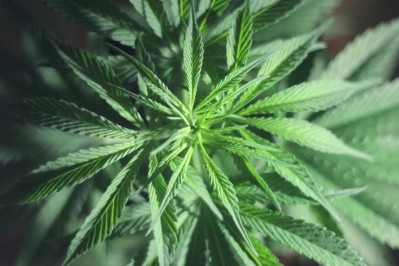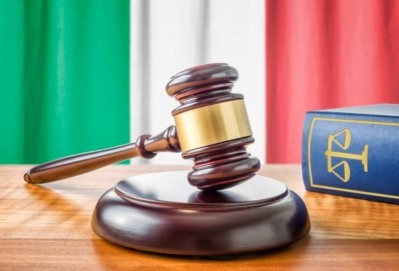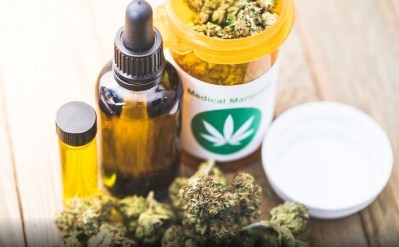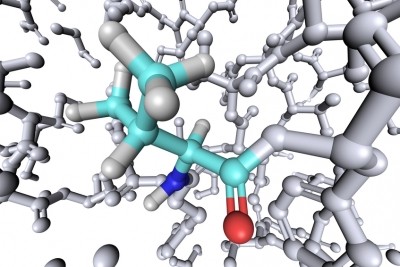Italy’s Supreme Court ruling casts legal doubt among country’s ‘cannabis light’ industry
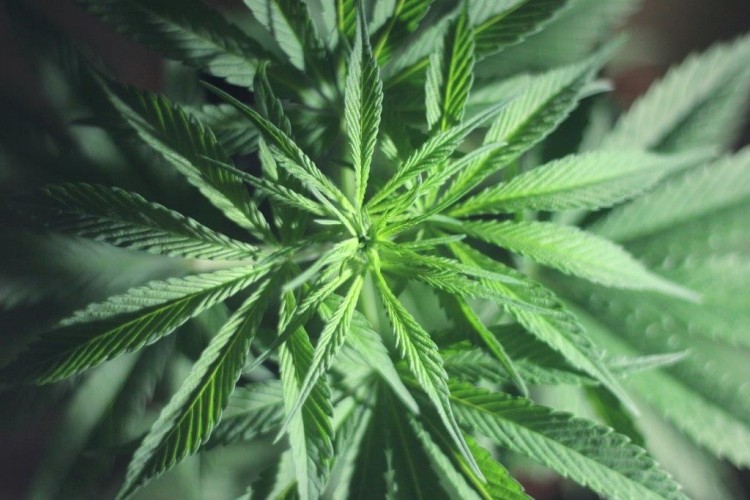
In a decision made by the country’s Court of Cassation, the judges state that selling cannabis derivatives is a criminal act and “cannot be sold under any circumstances… unless such products are in practice devoid of effective doping”.
“The argument is whether flowers and leaves from legally grown hemp (which at the growth stage is in compliance with Tetrahydrocannabinol (THC) levels, as per 2016 law) are exempt from narcotics legislation, especially when used in food and food supplements,” said Luca Bucchini, managing director of Hylobates Consulting.
“The Court of Cassation - though the reasoning is not yet known - said that the exemption from the 2016 law does not apply to flowers, oils, leaves and resin - even if the hemp was grown legally.
“Narcotics legislation may apply, but judges have to assess the actual THC content for its narcotic potential, which is usually considered to be proven above 0.5-0.6% but total ingested amounts may matter as well, based on analytical reports, to decide whether it is applicable.”
The 2016 regulations state that products containing less than 0.2% of the psychoactive THC compound are legal.
Dubbed ‘cannabis light’ these products are theoretically legal and cultivators can grow it without special authorisation provided the THC did not end up in anything eaten or smoked.
The Court of Cassation is to clarify the decision in the months ahead, with a more detailed explanation to the “doping” condition referred to by the judging panel.
Experts have pointed to the likelihood that any threshold proposed may be enough for retailers to continue the sale of some herbal products to the public.
Vendors will be hoping for legislation that does not echo that of The Italian Health Ministry, which set a 2-5 milligram per kilogram (mg/kg) limit of THC in food.
Supreme Court intervention
The decision is the result of the inability of the country’s individual criminal chambers to come to a consensus.
Italy's Court of Cassation, which is the highest judiciary body in Italy, has intervened by ruling on the matter to establish a consistent precedent.
However, the decision received a cautious response from cannabis industry groups, who expressed unease at the latest ruling and the potential implications to its members.
“The pronouncement of the joint penal sections of the Cassation, beyond legal merit, is creating strong concern throughout the sector and in particular in those who trade hemp products,” said the Italian hemp federation Federcanapa
“Federcanapa, together with CIA (Italian Confederation of Farmers) and Confagricoltura, adopted a trademark and a production regulation aimed at certifying and tracing the entire production chain and guaranteeing product quality and safety (with lower THC at 0.2%).
“We therefore believe that the products with the “Fiore di Canapa Italiano” trademark, obtained in accordance with the aforementioned Regulation, are devoid of doping efficacy and health risks and, consequently, the relative marketing cannot constitute a crime, as confirmed by the Sections United of the Supreme Court of Cassation.
“Therefore those dealers who intend to continue their sales activities, in compliance with the criteria indicated, Federcanapa ensures its support and the support of its lawyers.”
Not just fines
According to Bucchini, for those selling foods or CBD oil as a food supplement, there is heightened uncertainty as variability in THC amounts may result not simply in fines, but in criminal prosecution.
“The ruling potentially applies to hemp seed oil as well, if proper procedures are not followed to keep THC levels very low in all circumstances,” he said.
“Of course, CBD oil at this time is an unauthorised novel food in any case, but in Italy non-compliance may result in criminal proceedings as well on top of infringement of novel food legislation.
“A solution may come only after an acceptable THC level is set by EU contaminant legislation, and a novel food authorisation is granted. Till then, there are no legal certainties.”
Italy, unlike other Member States, adopted a law in 2016, which permits the growing and harvesting of specific hemp varieties with THC (in the plants) below 0.2% as per the EU Common Catalogue of Varieties of Agricultural Plant Species.
The law also includes a list of products, which can derive from such hemp, including foods and cosmetics, according to rules that the Ministry of Health should set but has not yet enacted.
The legislation is expected to include hemp seeds and hemp seed oil only, with maximum 0.2% THC content and no permissions for leaves or flowers.
“The pressures are, first, from food law, and concern novel food status, national rules on plants used in food and legislation on contaminants (THC in particular),” said Bucchini.
“Secondly, medicinal product legislation is relevant and may become pivotal, as a food supplement which has the features of a medicine cannot be legally sold.
“Thirdly, legislation on narcotics, which is national, not EU, law, may end becoming the driving force.”
Following international advice, many countries simply list Cannabis sativa L. as forbidden, he said, adding that as legislation on narcotics is criminal law, it radically changes the implications of not strictly following the rules.
